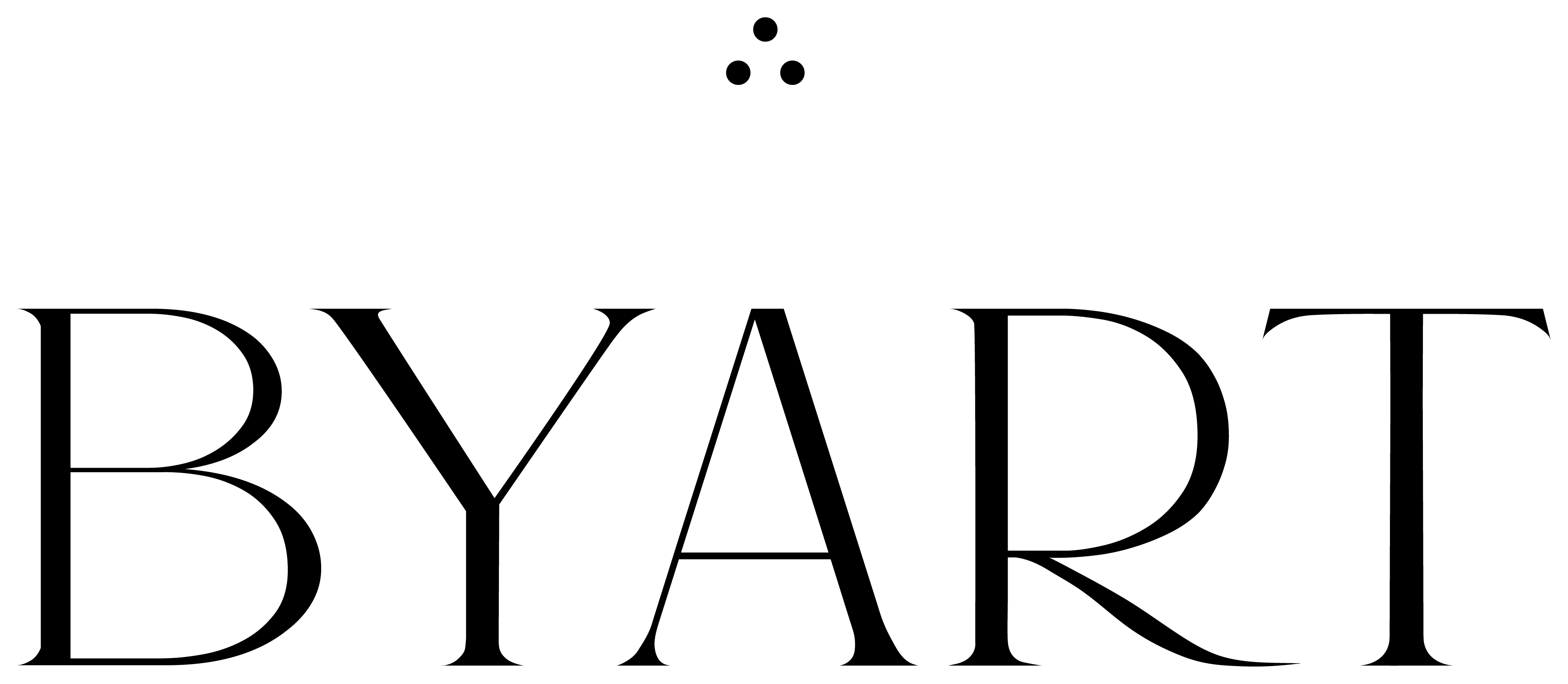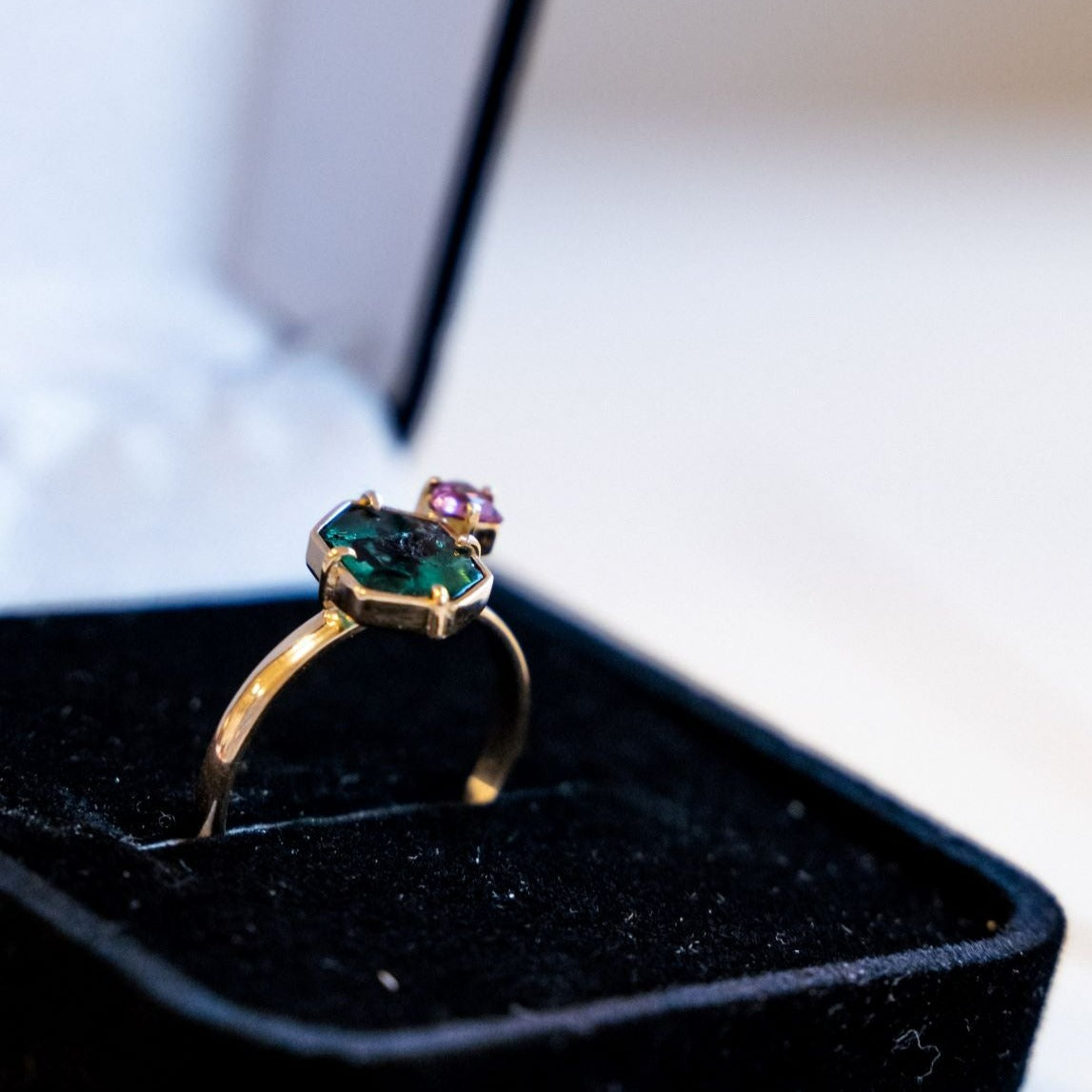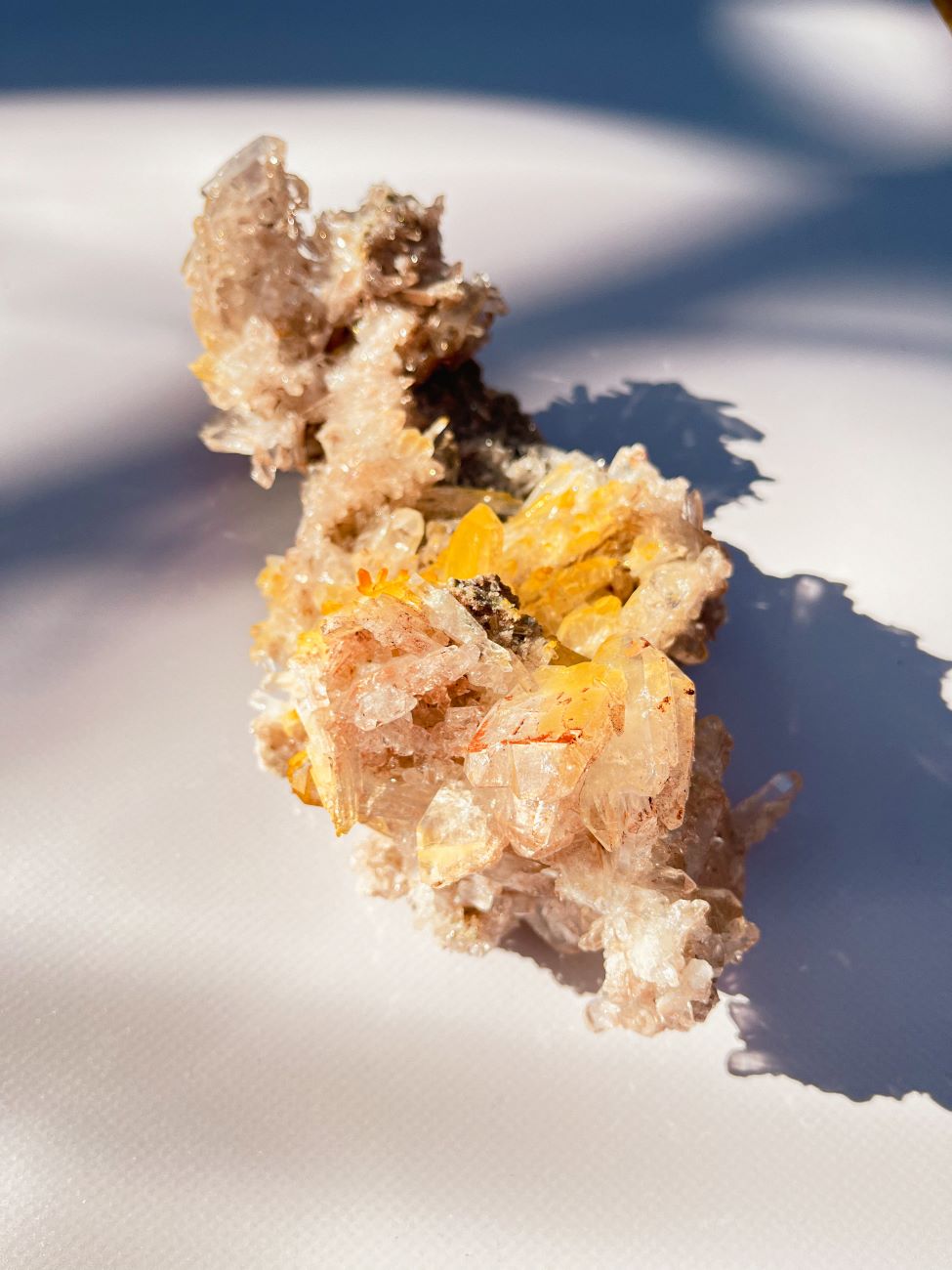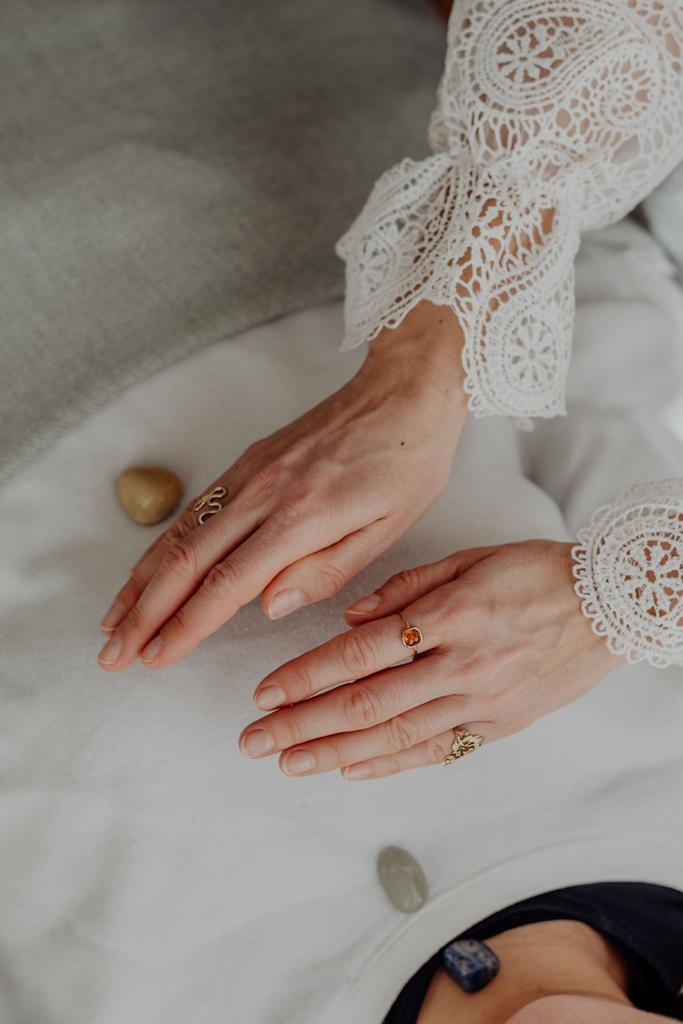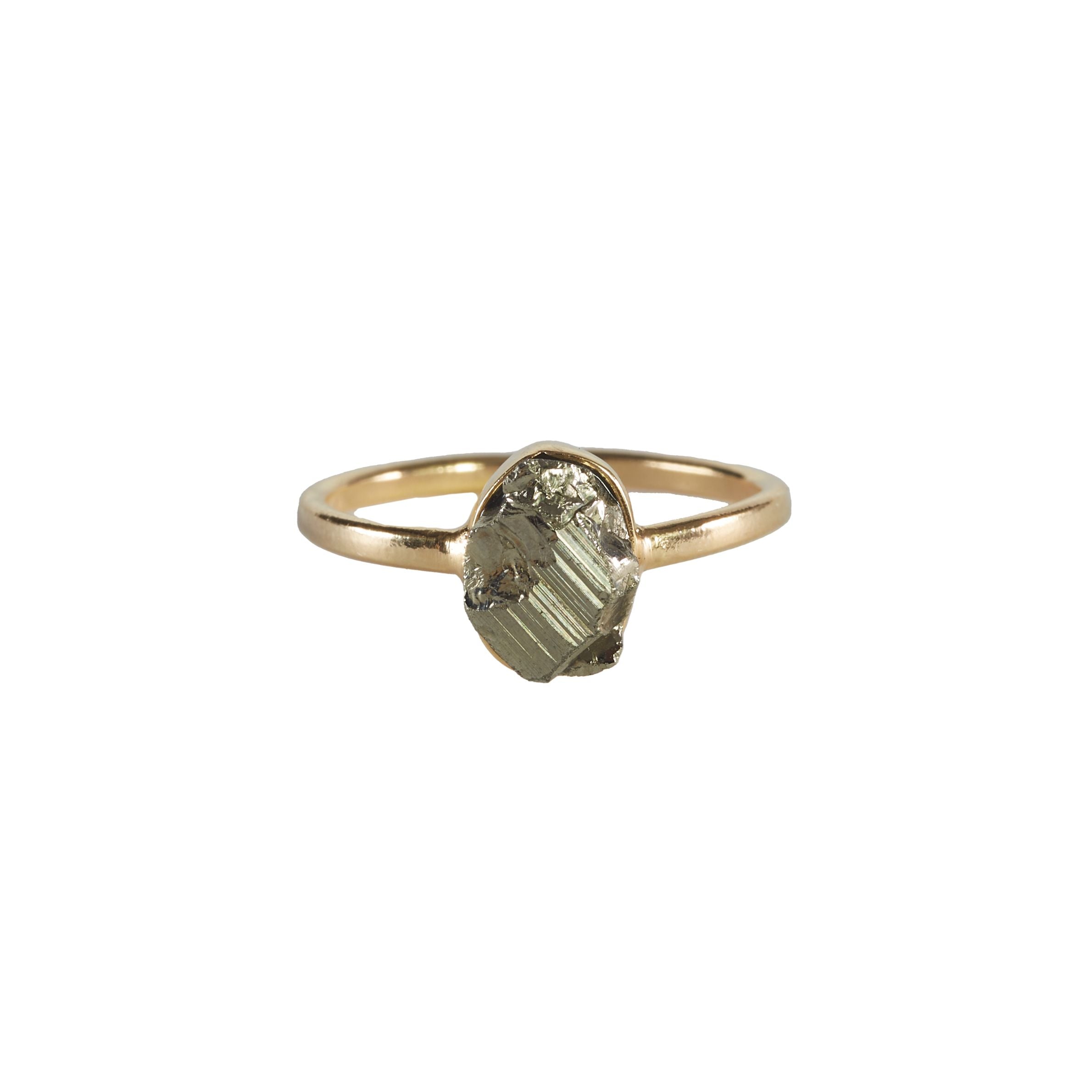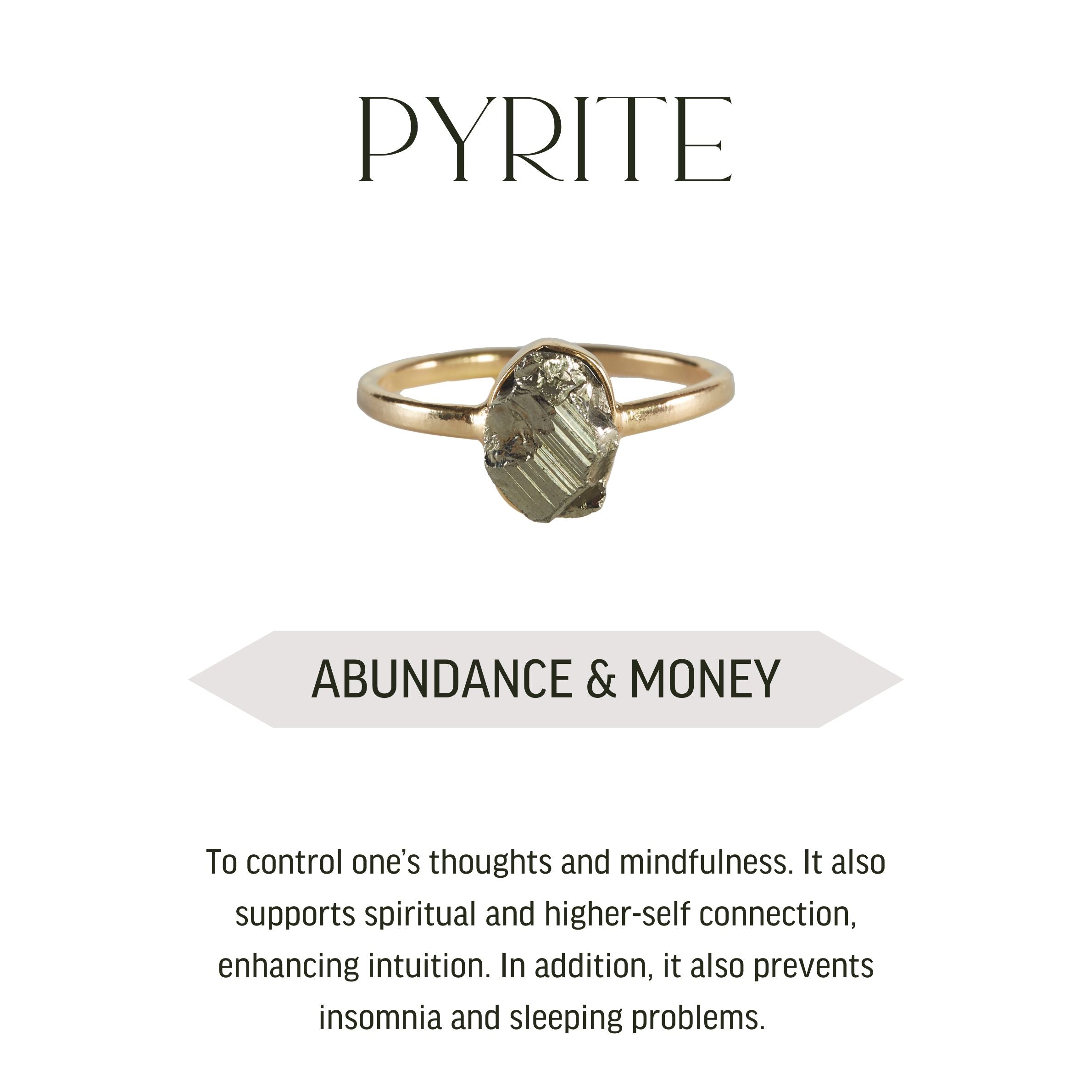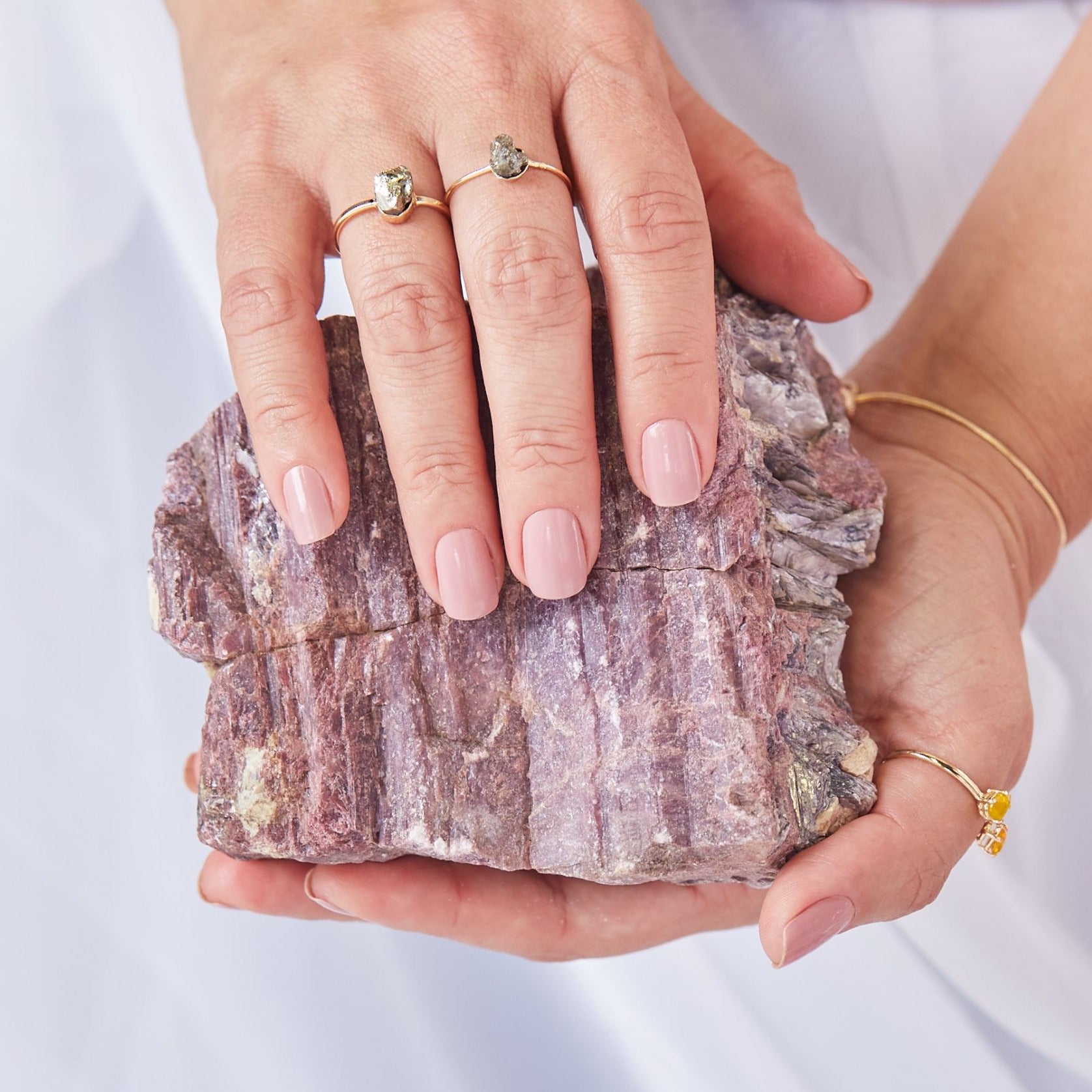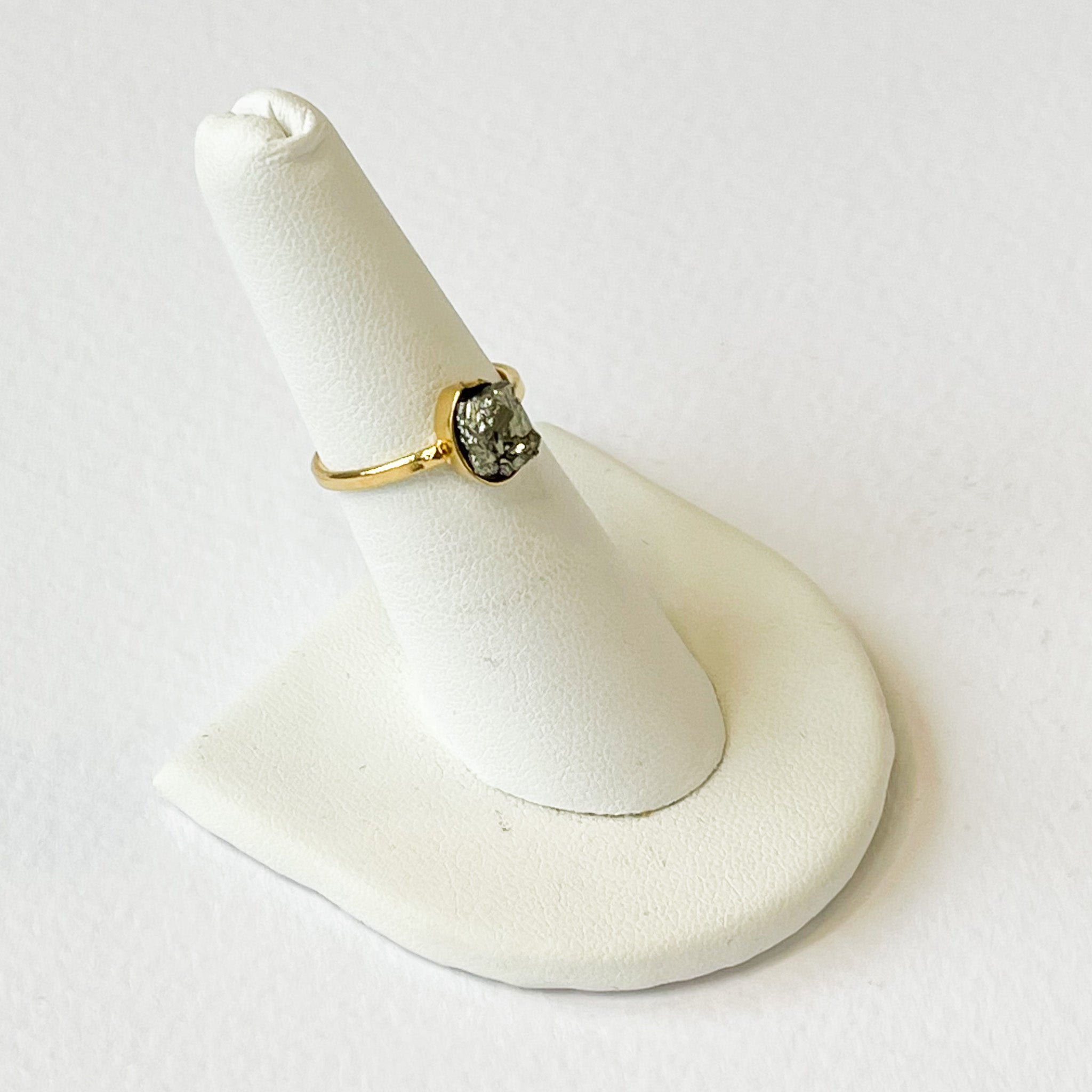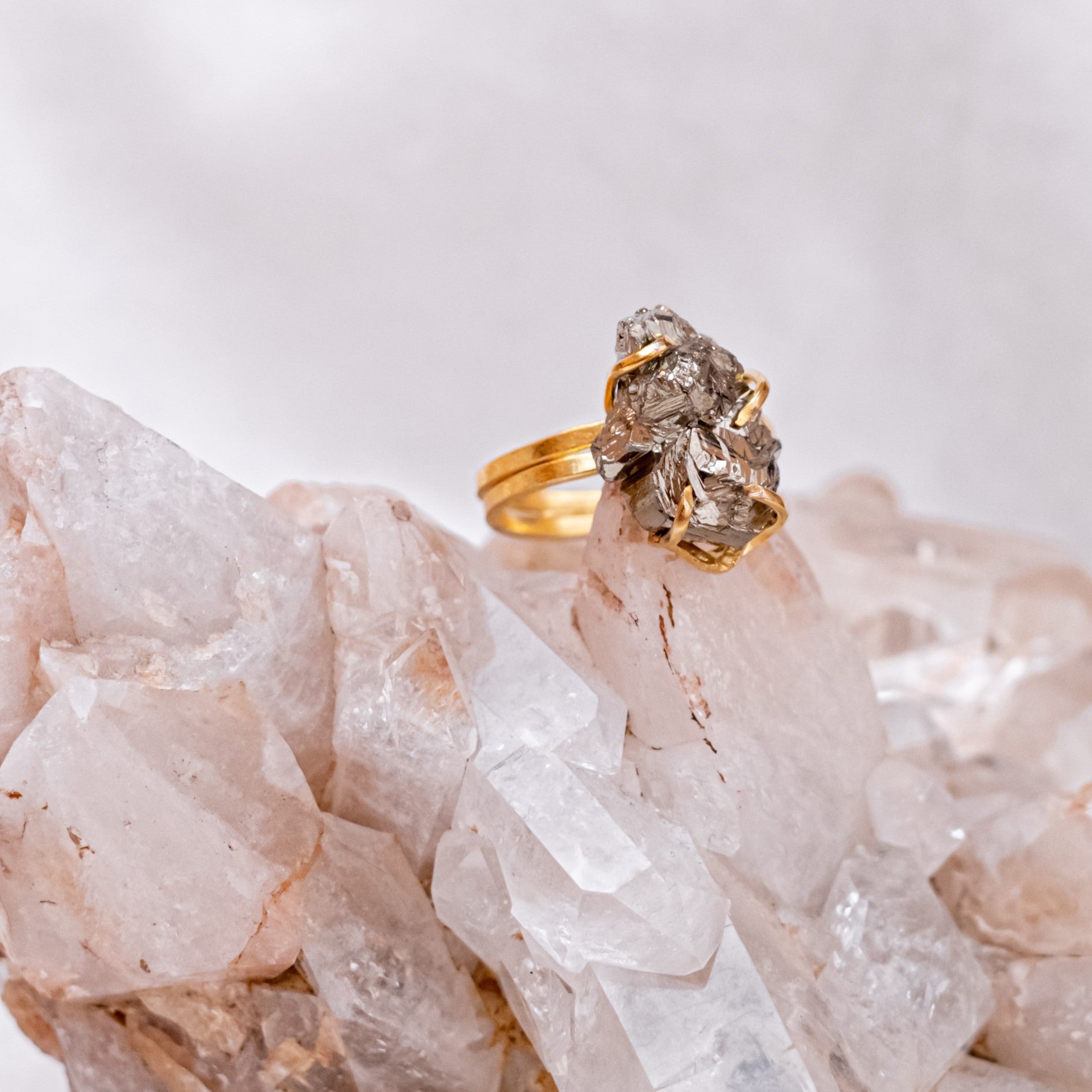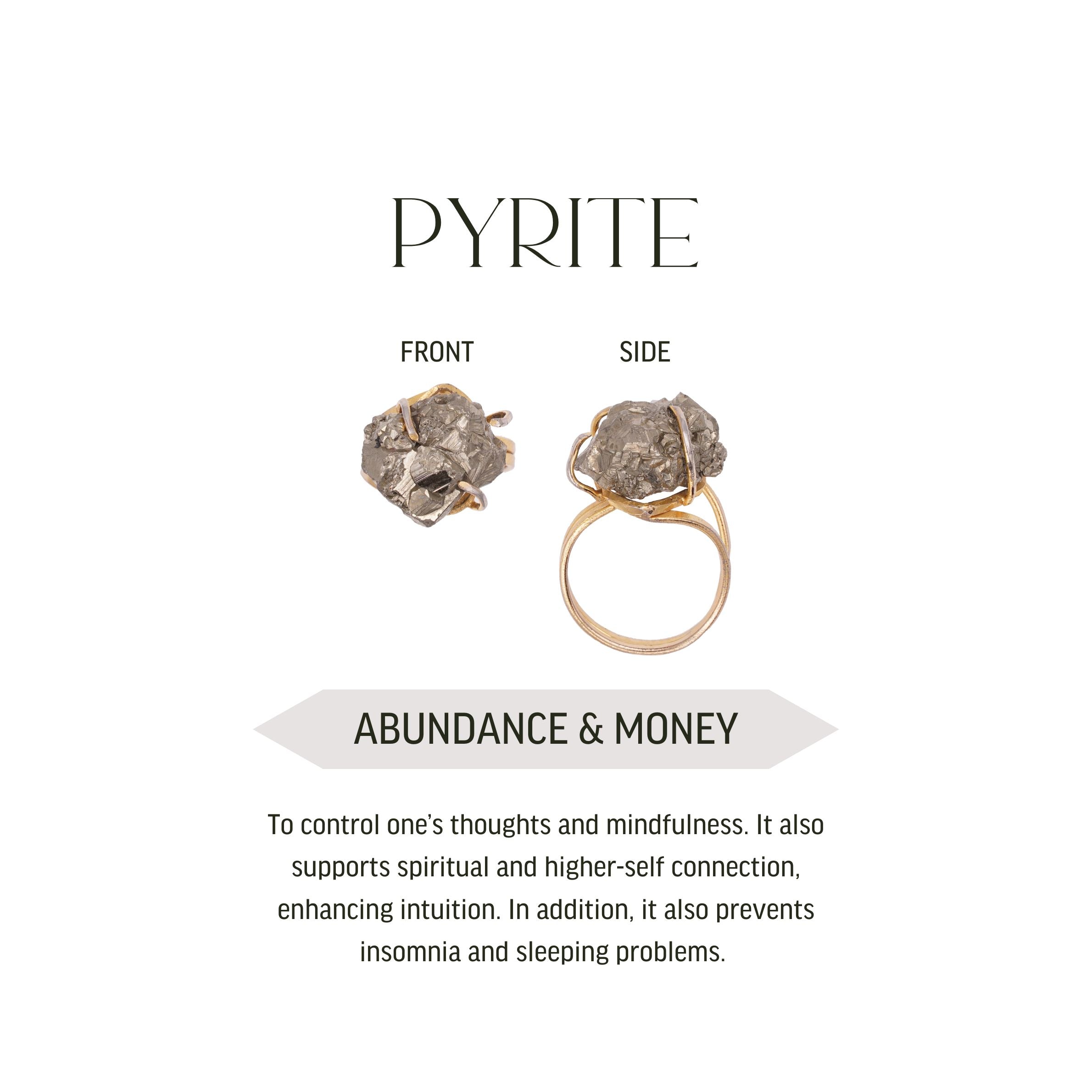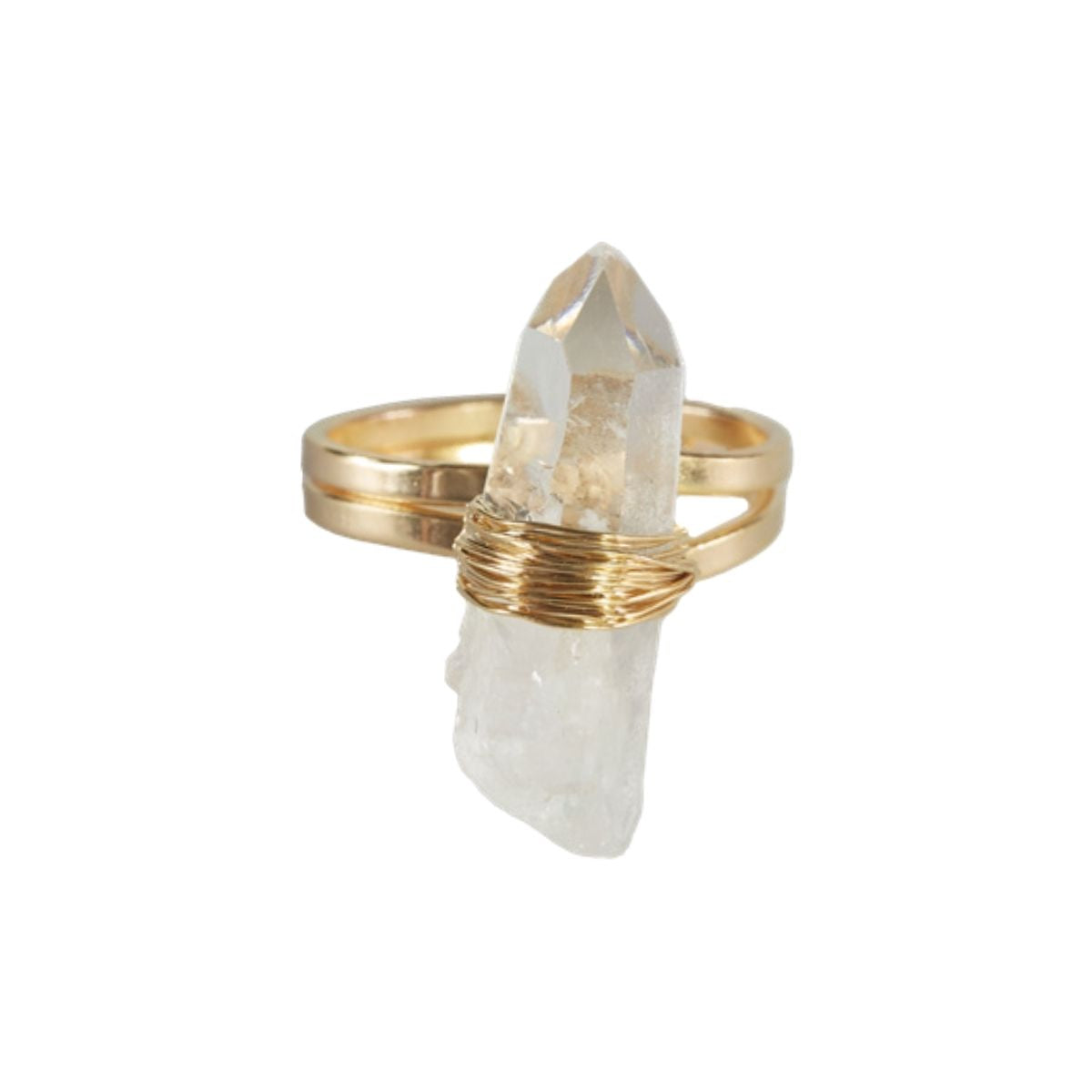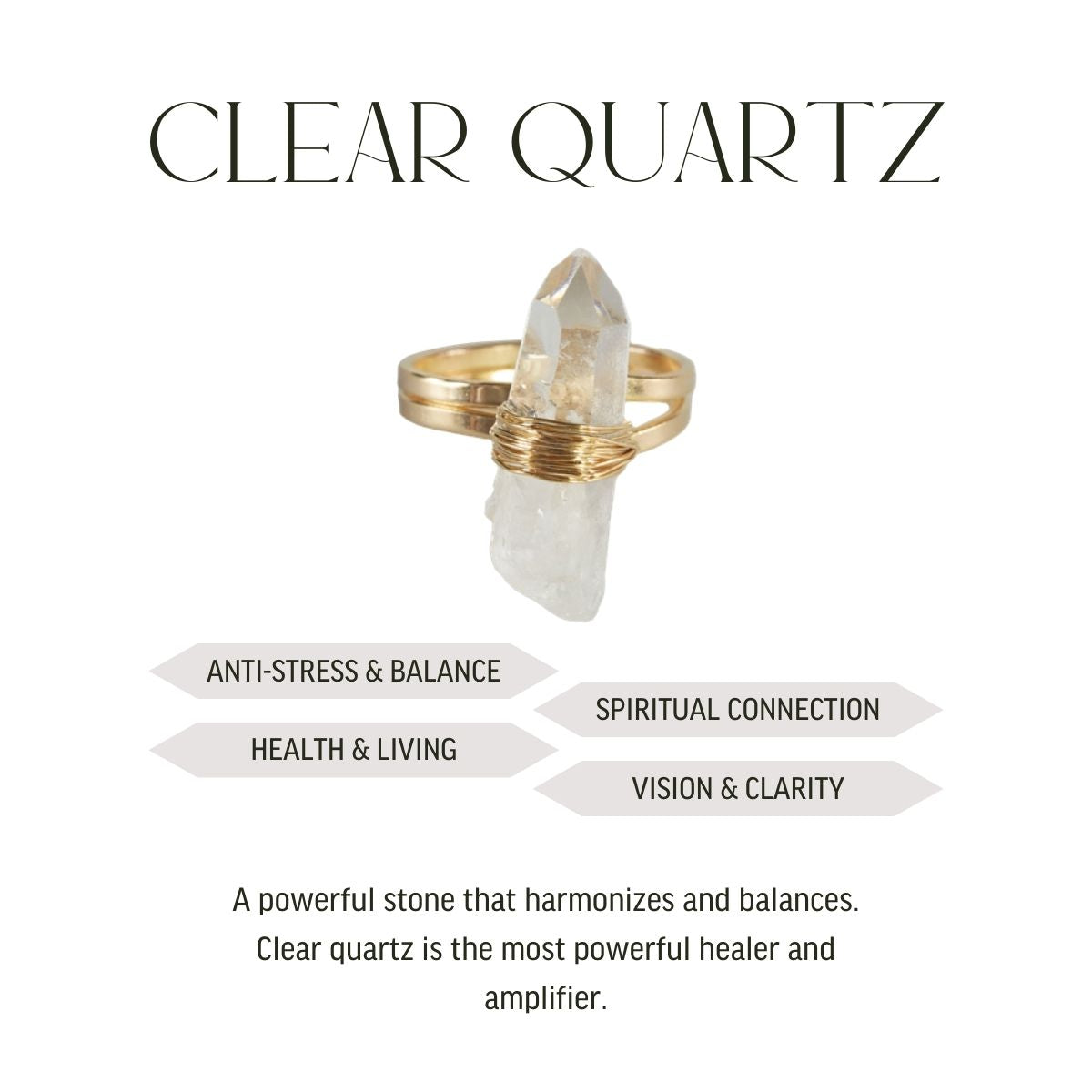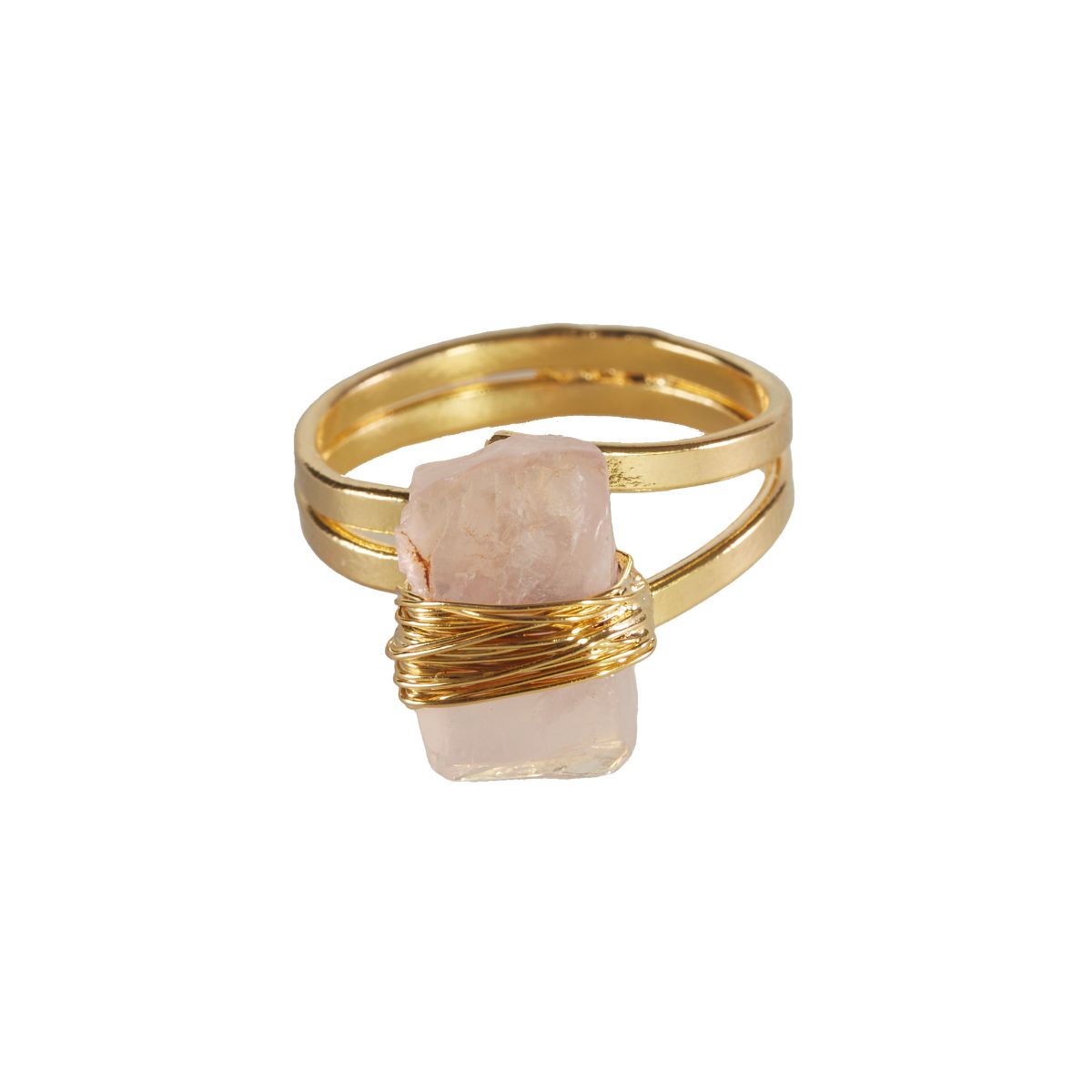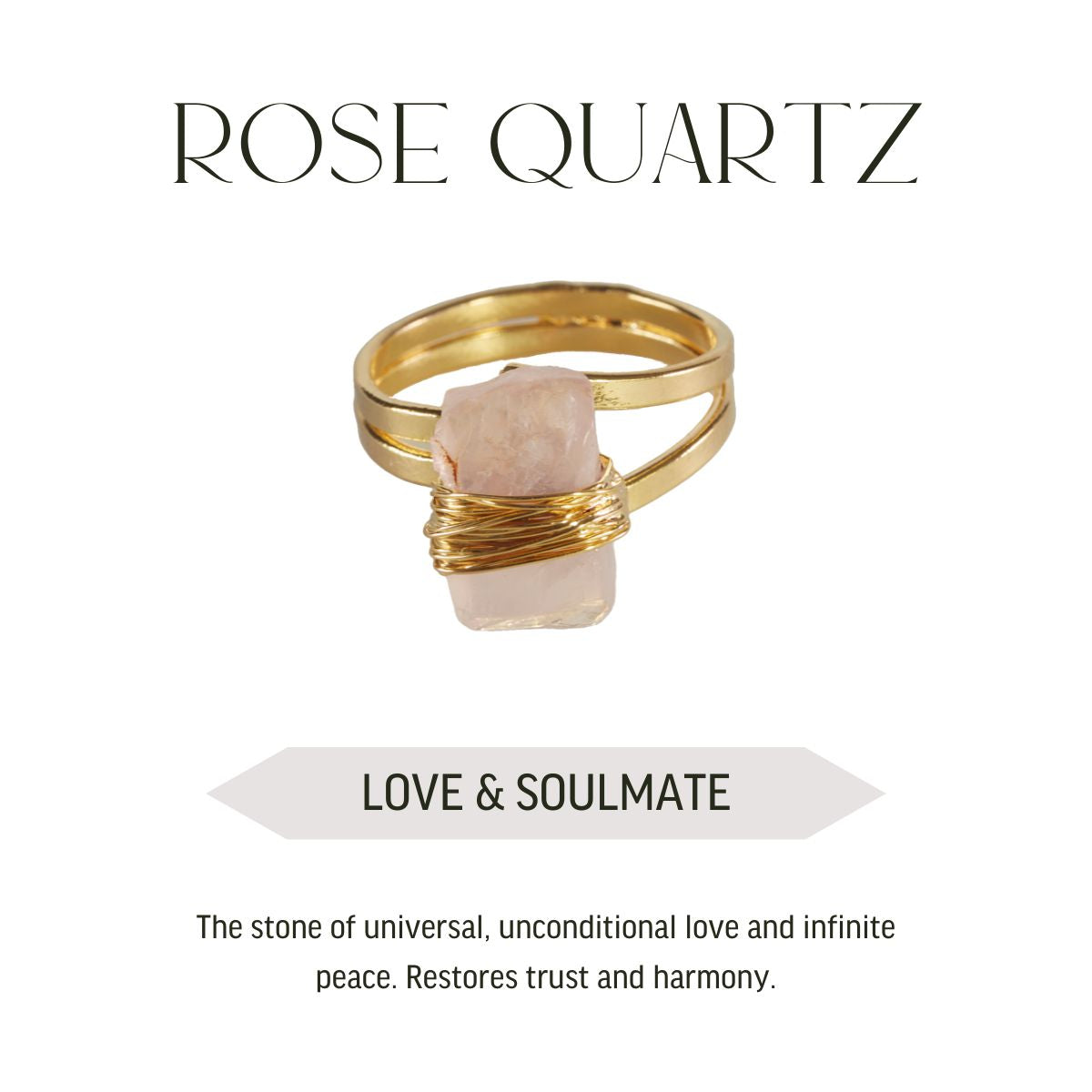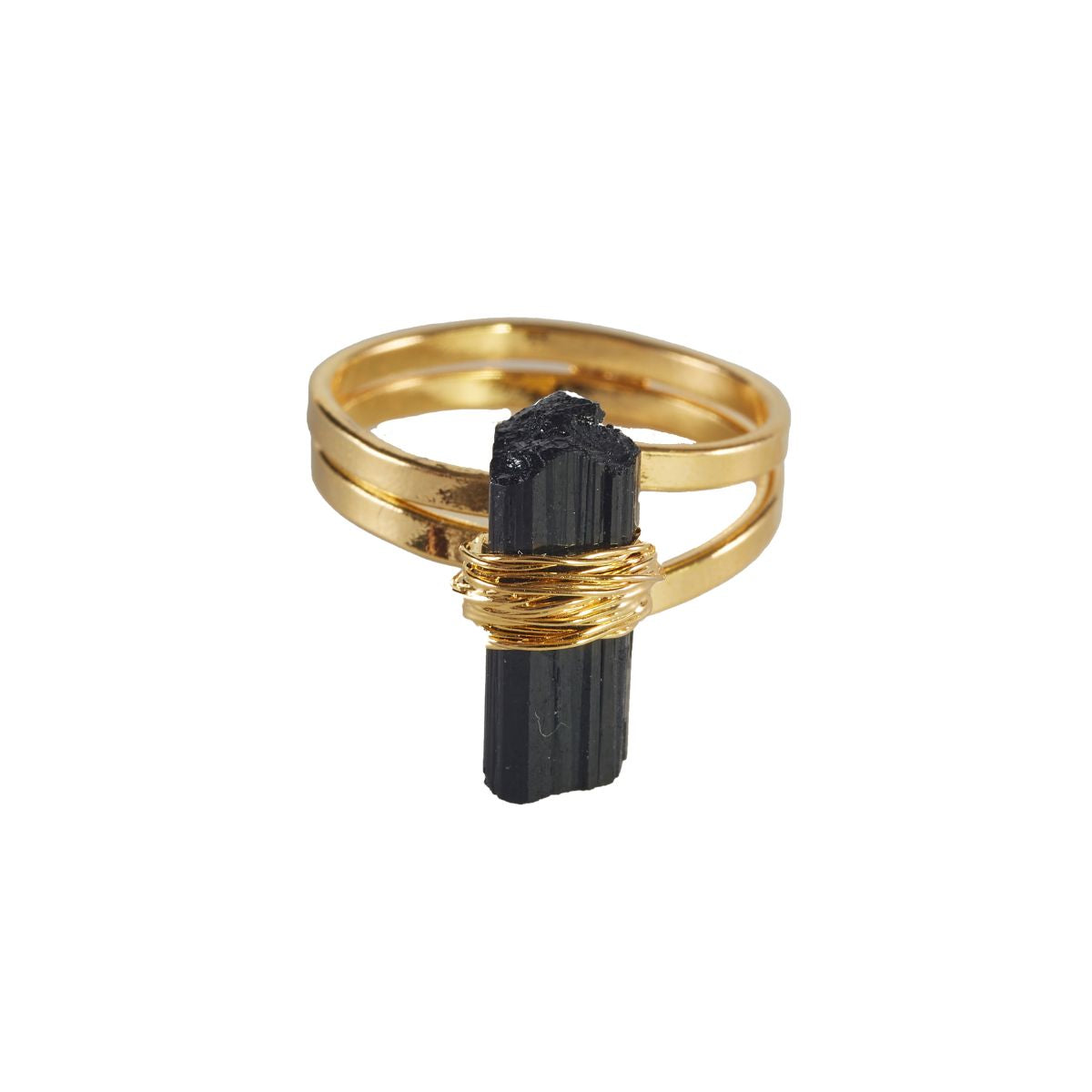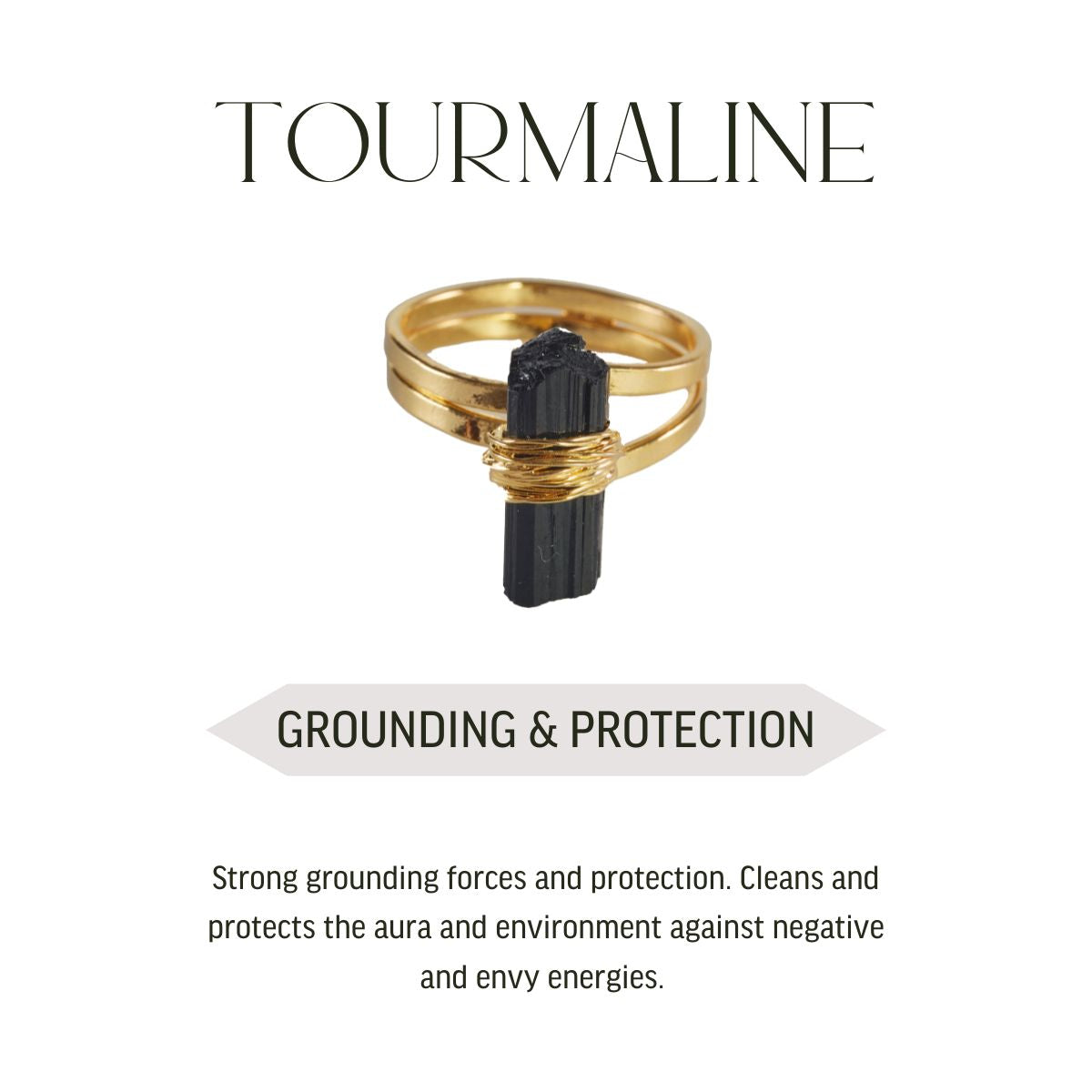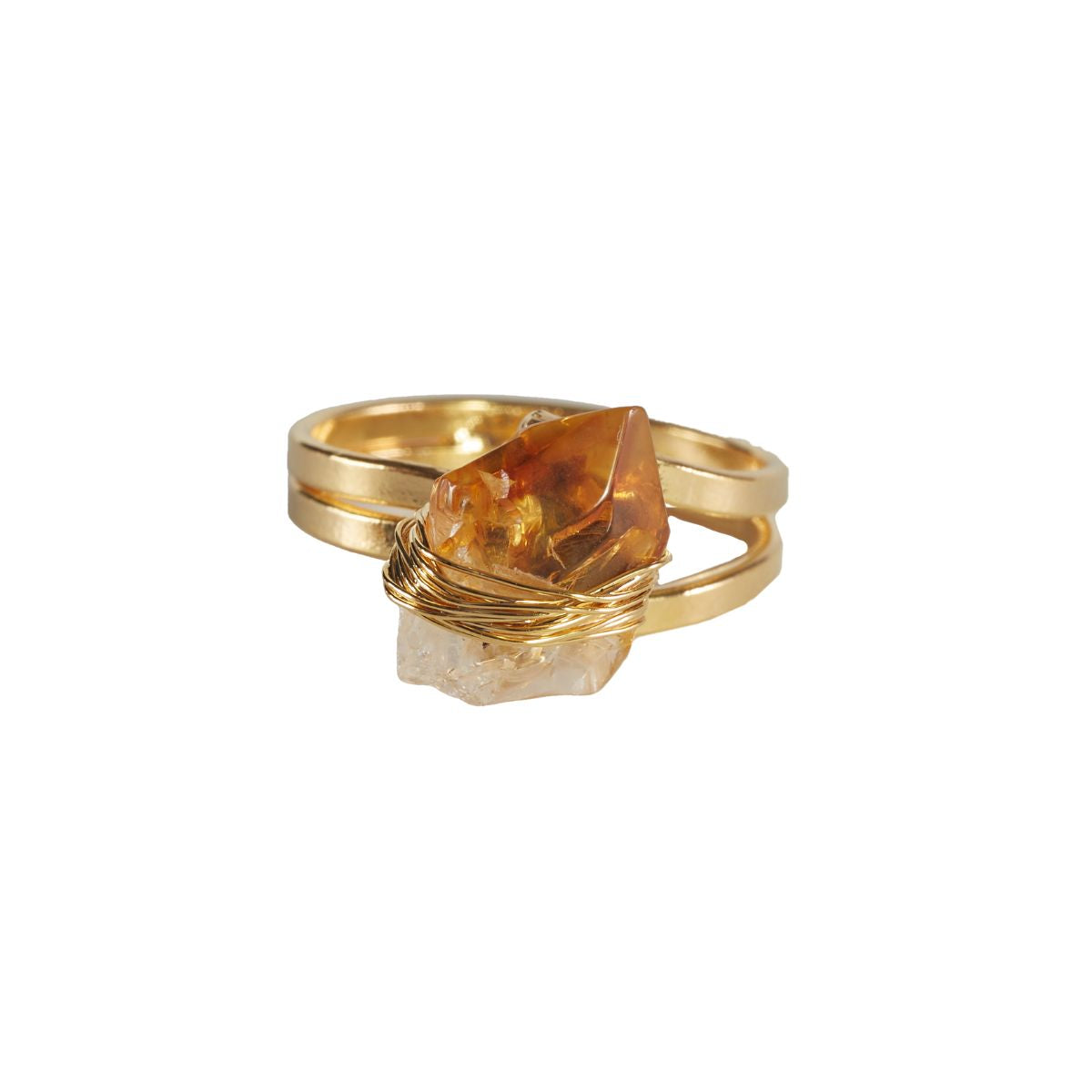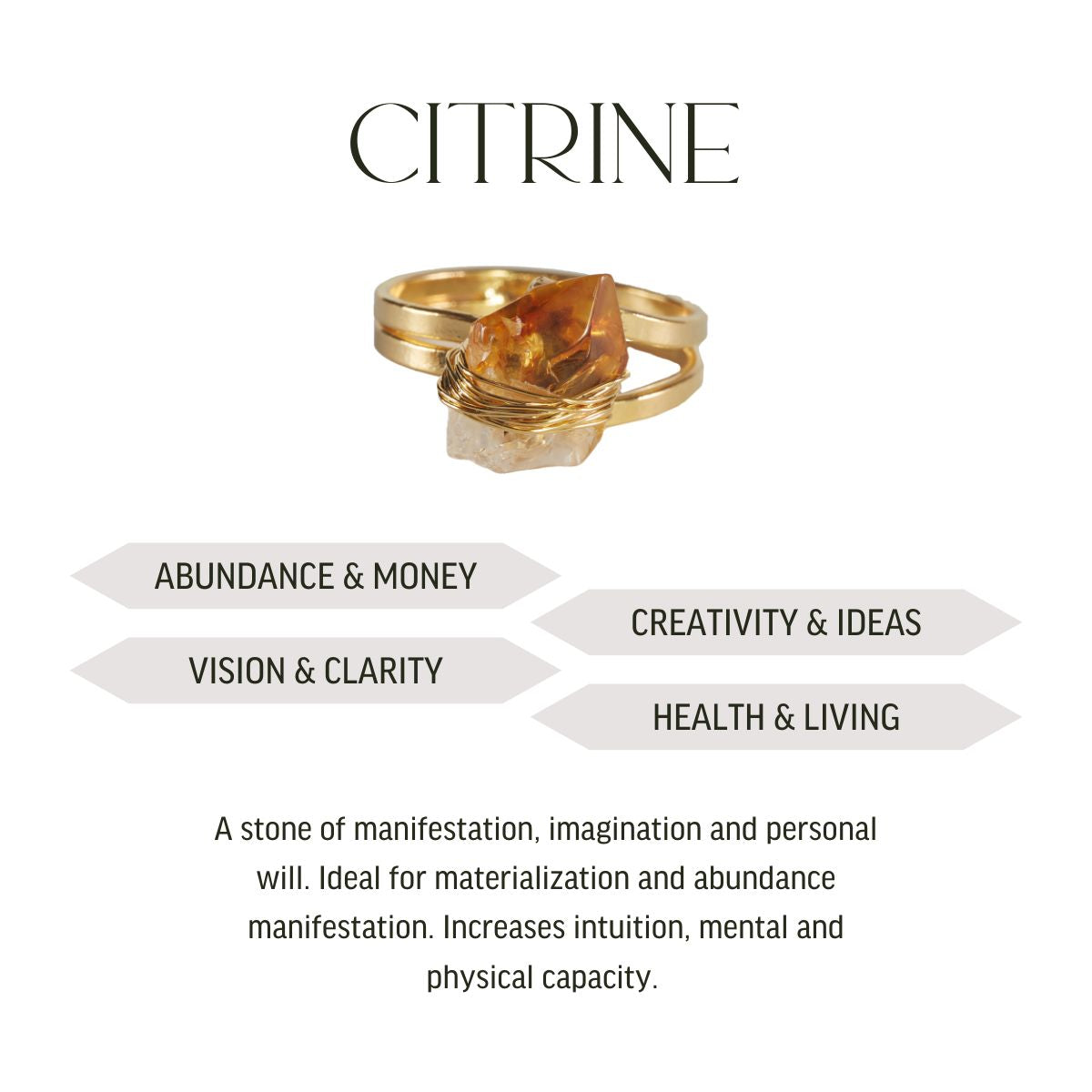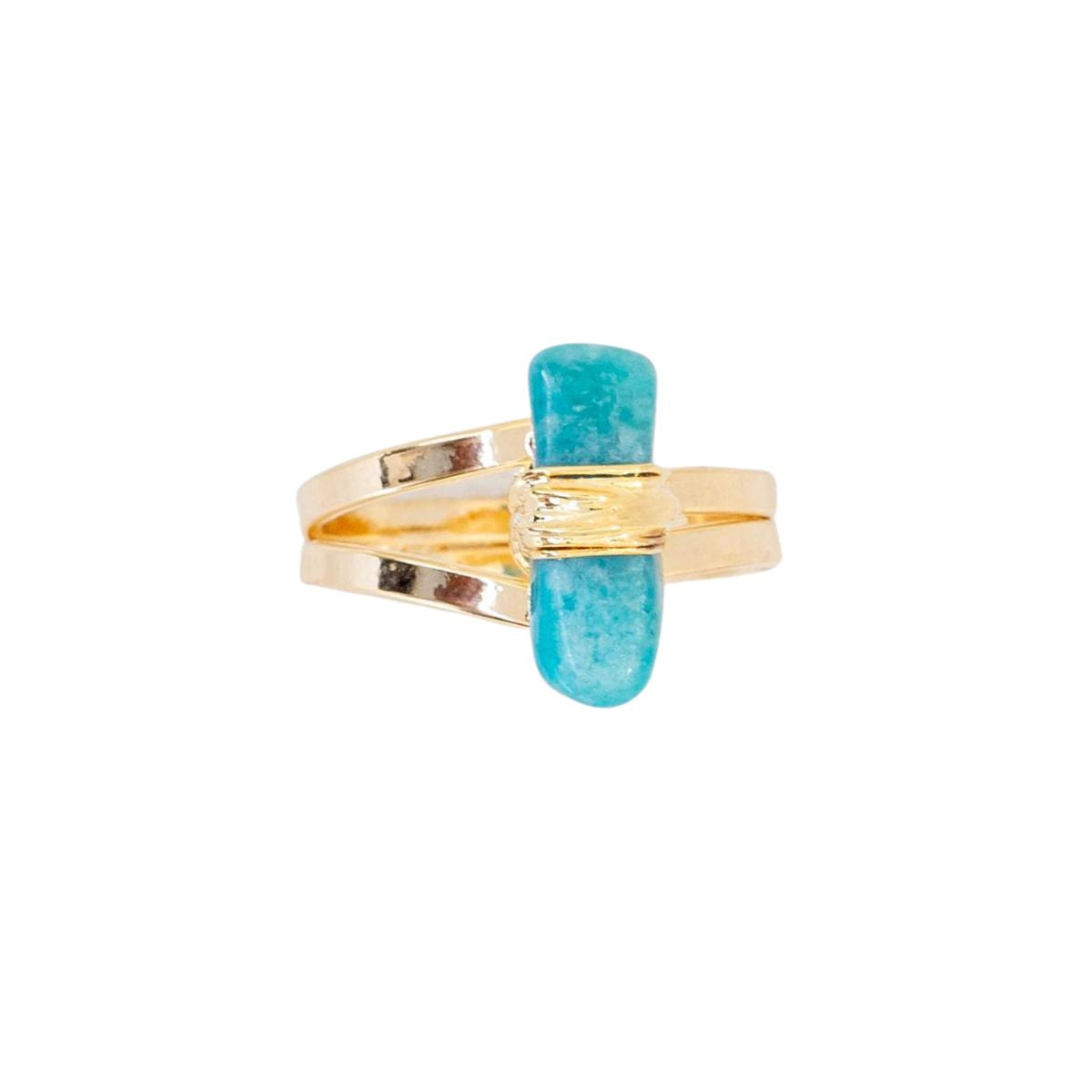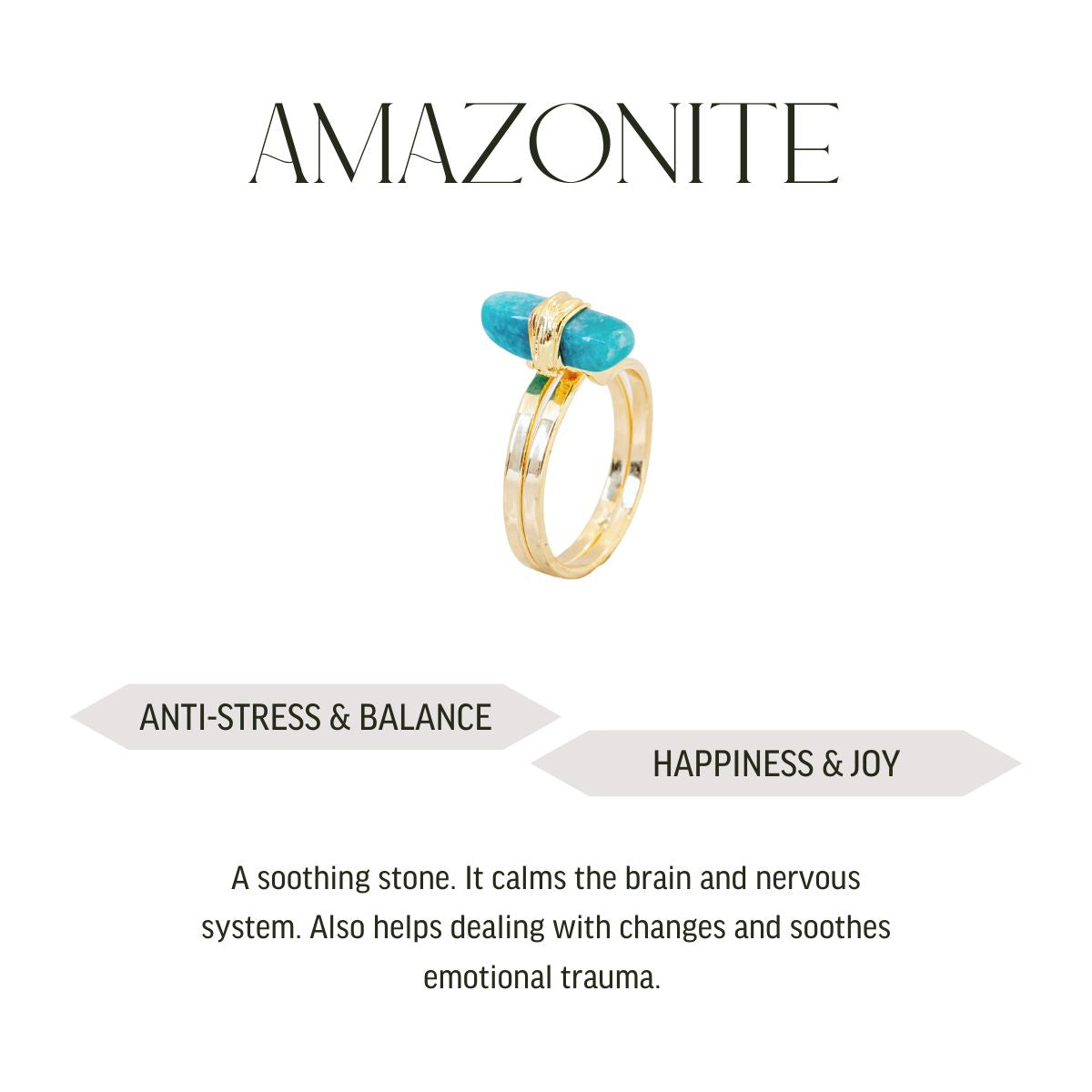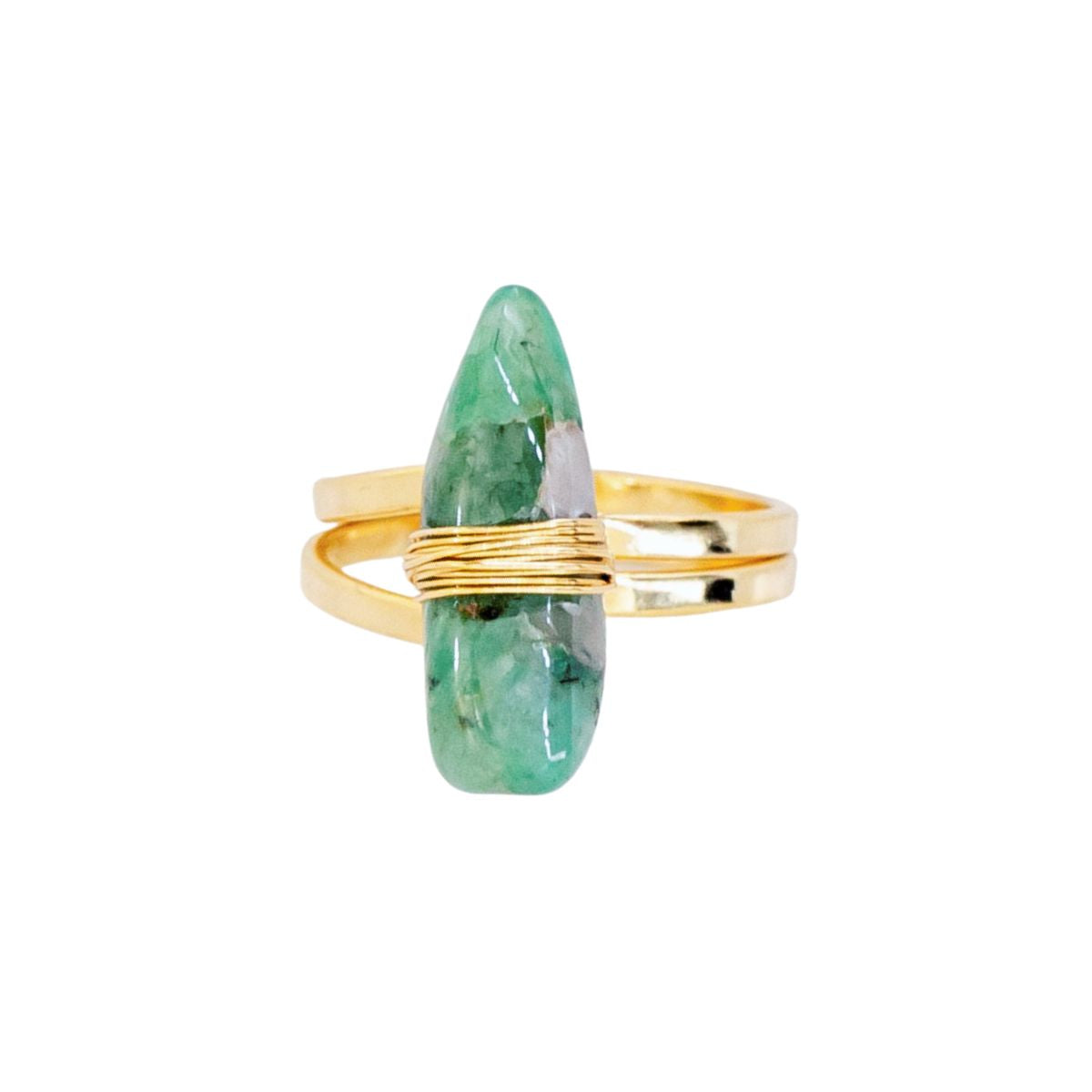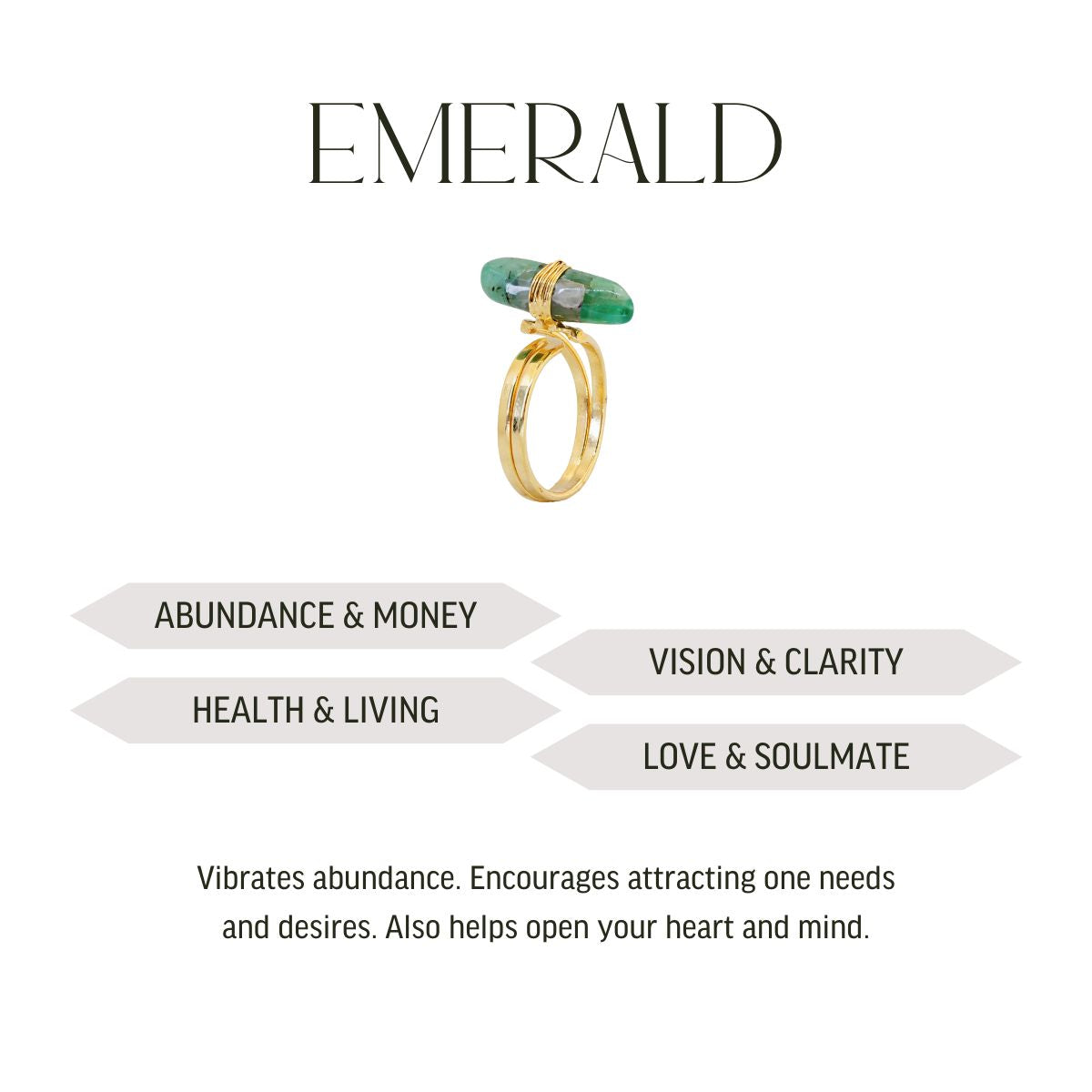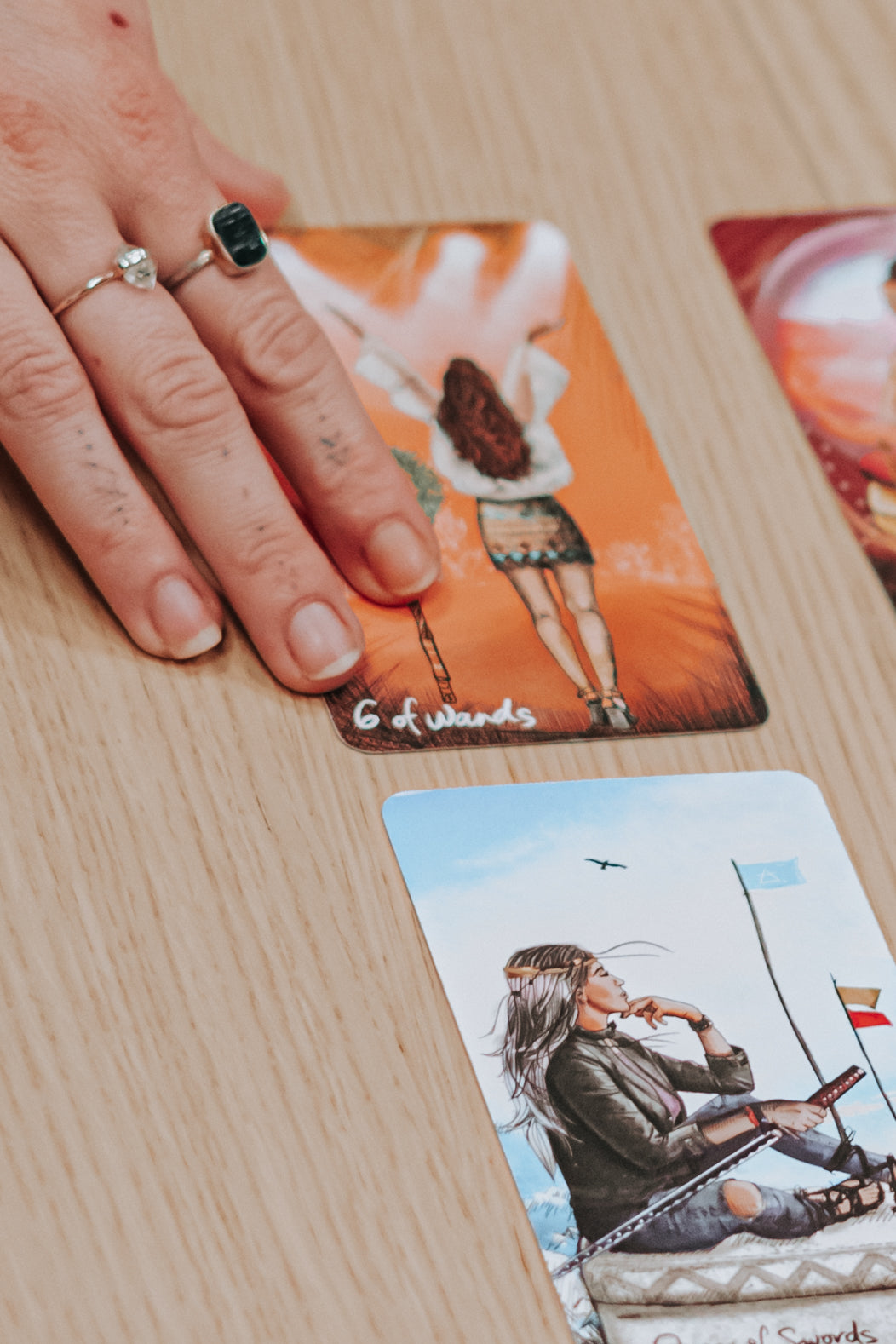
Curiosities about Tarot
Hello, hello BYARTers!
Our clients and I are very interested in Tarot. That's why this blog will be dedicated to it. So let's embark on a journey to the enigmatic world of Tarot!
A small introduction before we knew it better, the Tatot started many times ago, around the 15th century. Tarot has evolved from a simple card game into a tool for divination, introspection, and also personal growth.

The Tarot's Components
The total is 78 cards, divided into two categories: the Major Arcana and the Minor Arcana. The Major Arcana consists of 22 cards, each representing a significant life lesson or archetype. These cards, from "The Fool" to "The World," symbolize profound experiences that one may encounter on their life's path.
The Minor Arcana comprises 56 cards divided into four suits: Wands, Cups, Swords, and Pentacles. Each suit corresponds to an element (fire, water, air, and earth) and reflects different aspects of human experiences, such as emotions, thoughts, and also material concerns.
Understanding the Cards and Messages
The practice of reading Tarot involves drawing cards and interpreting their meanings based on the layout or spread used. Each card holds a blend of imagery, symbolism, and intuition, providing insights that can guide individuals through their questions.
It's important to note that Tarot isn't about predicting the future, but about offering perspectives and potential outcomes based on the energies surrounding the person that is asking the questions. The reader's intuition plays also a significant role in the interpretations.
Self-Discovery
Beyond its divinatory aspects, Tarot also serves as a tool for self-discovery and personal growth. The cards can act as mirrors, reflecting thoughts, and feelings. By engaging with the symbolism and archetypes within the deck, individuals can gain new insights into their own lives.
Through regular Tarot readings, you can develop a deeper connection with your intuition and gain a better understanding of your life's journey. It's a practice that encourages introspection, mindfulness, and a lot of perspectives.
Ethical Considerations Working with Tarot
When you work with Tarot, ethical considerations are vital. It's extremely important to approach Tarot readings with respect, responsibility, and sensitivity too. Readers should avoid making extreme predictions. Instead, Tarot should be used as a tool for empowerment, insight, and personal reflection, in a good way.
I hope this blog helped you to understand it better and to clarify your doubts. Are you ready to appoint your Tarot session now?
Xx, BYART Team.
